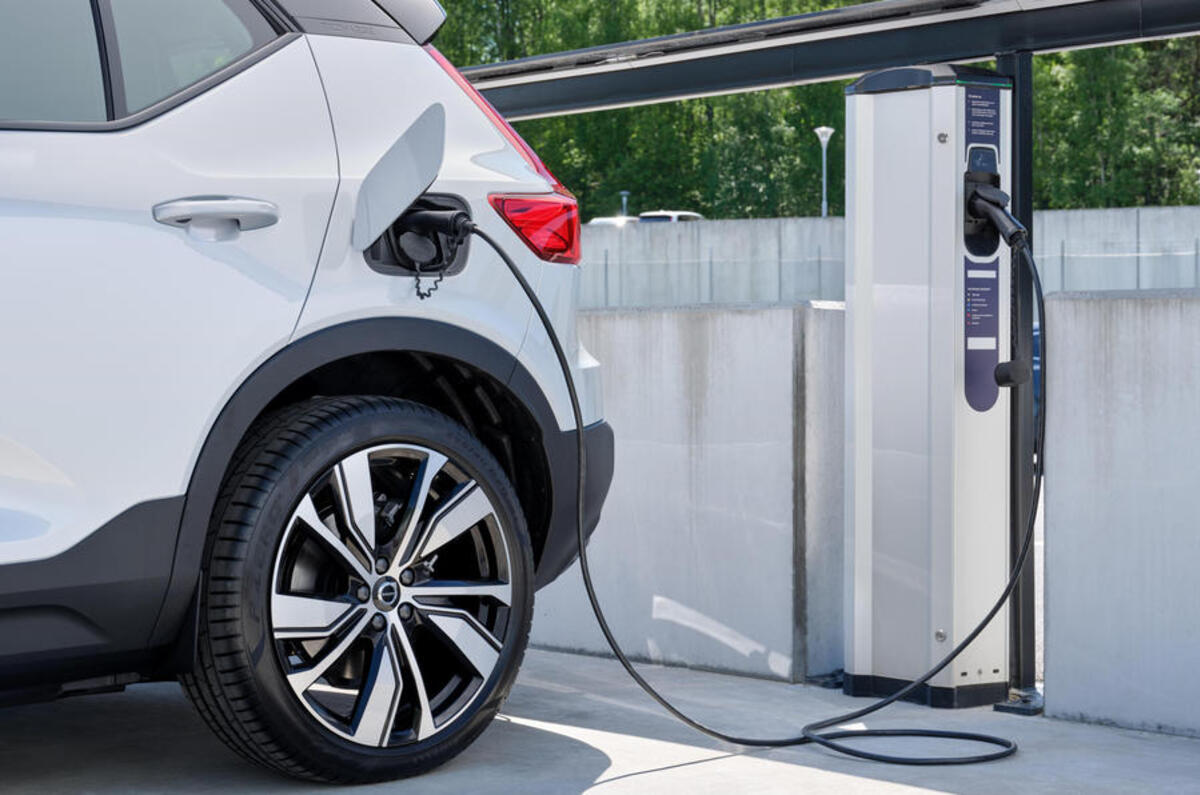The restoration of the Stormont Assembly is good news for Northern Ireland and its people, but the 24-month break in action means politicians face a to-do list piled as high as Everest – and experts fear that accelerating EV infrastructure growth is somewhere down in the foothills.
While the number of rapid and ultra-rapid chargers in Northern Ireland has increased fivefold in the past 18 months, the country can still claim only to have around 100 in operation, the majority located in the north-east.




Add your comment